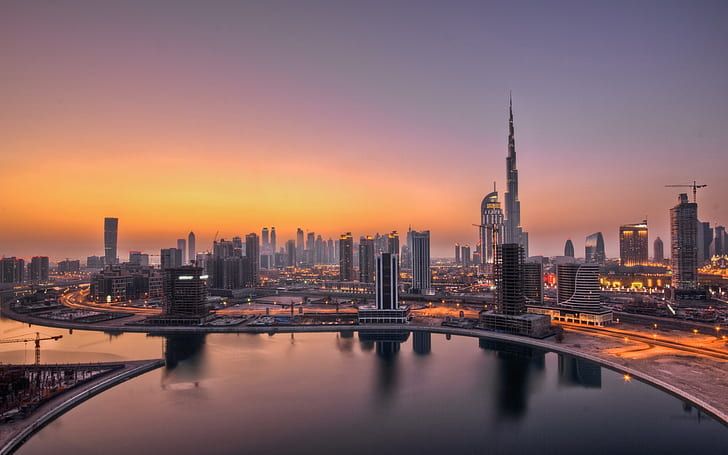Amidst the global pandemic COVID-19 virus outbreak, the Central Bank of the United Arab Emirates (CBUAE) have released a responsive stimulus package which aims to help all aspects of the country during difficult times. Within the package is 100bn Dirham ($27bn), and an economic plan intended to reduce the impact of the virus on the economy of the United Arab Emirates.
The property market is no different to any other sector, and will inevitably be impacted by the changes COVID-19 is causing. The question remains as to how significant the effects will be, and what area of the property industry will be influenced most? Additionally, will the effects be salvaged by the Central Banks’ stimulus package? Or will the effects be too drastic.
A leading global real estate consultancy Savills Middle East recently shared their knowledge on the matter and the outlook for the property segment in the UAE.
The Head of professional services and strategic consultancy for Savills Middle East stated that:
"The exact impact of COVID-19 is unknown, but any disruption to the real estate markets is likely to be a near term delay or a knee-jerk reaction rather than a fundamental downturn over the long term. There will be inevitable impacts on economic growth, tourism, high-street retail spends, and so forth but there are longer-term outtakes such as accelerating trends within flexible working, online retail and improving supply chain.” (Source AME Info)
Whilst Murray Strang, who heads up the Dubai office shared the following:
“The real estate sector in the country has remained largely resilient during the first two months of 2020. The introduction of a stimulus package by the Central Bank will be a shot-in-the-arm to the property market in the medium-to-long term” (Source AME Info)
This is a promising outlook surrounding a topic where ultimately no one can be certain of the outcome. These Savills employees seem optimistic and confident that the local property segment is built on a strong enough foundation to survive this tough period, especially with the help of The Central Bank of United Arab Emirates
It is also suggested that local demand may rise in conjunction with the introduction of laws further incentivising consumers to purchase property. For example the loan to value ratio has been relaxed by a further 5%, therefore the initial financial requirement to purchase property has reduced. Moreover, the Abu Dhabi government have waived the 2% real estate registration fee for the entire year, adding to the ease of purchasing property.
Although the new laws and incentives may help with demand amongst the local market, Strang raised concerns around the overall property market, including international players and investors. A primary effect of COVID-19 being the immediate reduction in travel options. This would hinder the investment of potential new clients, as well as potentially stopping deals that were nearing completion.
Overall the CBUAE has offered a strategic plan to try and offset the pressures that industries will face from the Pandemic. The reality of the situation is that the is uncharted territory for everyone involved. Strategy and response is likely to adapt and change overtime to match the gravity of the situation, and to react in the most efficient manner. Ideally the real estate industry will not be affected as much as expected, having said this only time will tell.
If you are looking to move in the coming months, it is a more important than ever to ensure you are making the right decisions for you. A past or current residents insight into a building, residence or community can be invaluable in helping you make that choice. Please use the reviews on mintaga.com and avoid nightmare moves.
